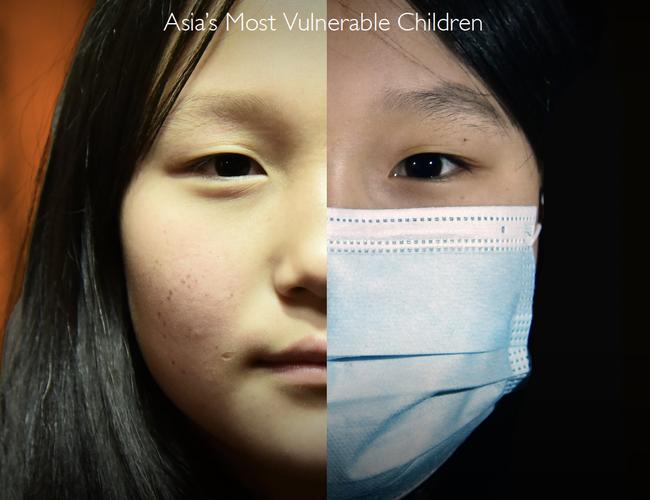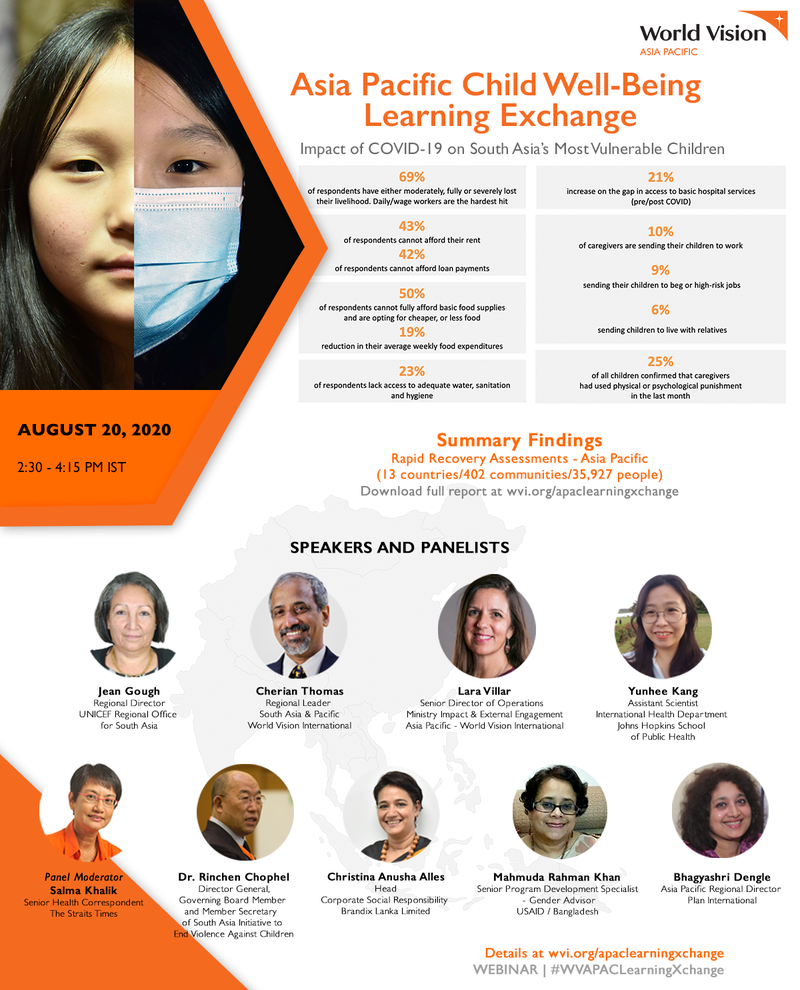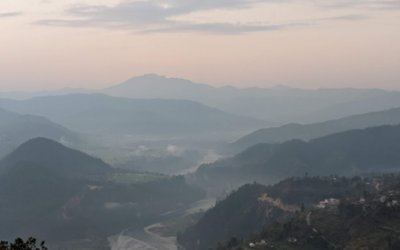
World Vision launched its first “Asia Pacific Child Well-Being Learning Exchange” in a virtual setting last week, in its continuing efforts to help vulnerable children and communities live life to its full potential. The initiative aimed at bringing together government, UN agencies, donors, civil society organisations, corporates, academia, subject matter experts and thought leaders in the development sector, to throw light on pressing issues facing the world’s most vulnerable children and their well-being in Asia Pacific.
The event saw representation from UNICEF, South Asia Initiative to End Violence against Children (SAIEVAC), Johns Hopkins School of Public Health, Plan International, Brandix Lanka and USAID Bangladesh, along with humanitarian experts, leaders, business experts, academia and media professionals.
In light of the global pandemic, the e-plenary’s main theme on the "Impact of COVID-19 on South Asia’s Most Vulnerable Children" offered first-hand insights into the devastating humanitarian and economic toll of COVID-19 on fragile communities and children in South Asia. The session attracted more than 20,000 views on social media to date.
During his opening address, Cherian Thomas, Regional Leader, South Asia and Pacific, World Vision International, also announced that World Vision Asia Pacific and the United Nations Children's Fund (UNICEF) had signed a Memorandum of Understanding (MoU) to strengthen their commitment towards promoting child protection and well-being in Asia Pacific.

The MoU aims to maximise and integrate both organisations’ efforts in achieving positive and lasting results for the most vulnerable children in Asia Pacific – a region with nearly half of the world's extremely poor children .
At the e-plenary, speakers and panelists reflected on the alarming trends highlighted in the Unmasking report -a rapid early recovery assessment on the socio-economic impact of COVID-19 on the most vulnerable in Asia Pacific. The report was produced by World Vision and it includes findings from 13 countries across 402 communities in the region.69% of surveyed respondents reported loss of livelihood, particularly daily wage earners who were the most affected. The report also shed light on how the loss of livelihood affected access to food supplies, basic sanitation and health services. Loss of livelihood coupled with weakened community cohesion and support systems wereforcing parents and caregivers to take desperate actions that were negatively impacting the well-being of children. 25% of all children interviewed confirmed that caregivers had used physical and psychological punishment in the last month.
Raising concerns about children bearing the brunt of “turning the wheel of Asian economies” as cheap labour, being married off or trafficked, Dr.Chophel from SAIEVAC reinforced the need for government, leaders and other stakeholders to understand the key push factors that will impact children, as economies open, recovery initiatives move forward, and mitigate those risks.
The reflections were followed by deeper discussions amongst participants on innovation, converging strategies, sustainable recovery solutions, and opportunities for like-minded organisations to collaborate with World Vision and partners, to help the vulnerable children and communities recover from the aftermath of COVID-19.
Some of the strategies and solutions shared by the panellists included keeping child protection at the centre of all COVID-19 response efforts, meaningfully consulting and including children in decision-making, scaling up services for early detection and treatment of child wasting, mobilising children and youth networks to help themselves cope with school closure and prolonged lockdowns, strengthening national/regional laws and policy frameworks to protect children from violence, expanding the use of and access to technology in responses, and better accountability to ensure government-led response and recovery strategies are targeted at those most in need.
The COVID-19 pandemic has already claimed over 760, 000 lives and is expected to trigger the deepest global recession since the end of World War II. It continues to severely weaken the finances of middle and low-income countries already grappling with pre-existing vulnerabilities. In estimated regional impact figures, under the best to the worst-case scenario, with a colossal estimated loss of over US$15 – 42 million across developing Asia (excluding China) , the response to the COVID-19 crisis is expected to erode local resources fundingSustainable Development Goals (SDGs) . Recent climate events such as Cyclone Amphan and others in this disaster-prone region, are further hindering economic growth and exacerbating food security in Asia Pacific. The generational impact on Asian societies can be catastrophic.
Ms. Jean Gough, Regional Director, UNICEF Office for South Asia, said, "This crisis has presented civil society opportunities to expose and tackle the deep inequalities prevalent in the Asia Pacific region. The very nature of the COVID-19 crisis calls for a response that places cooperation at its core. We must act now so that children and their futures are not devastated by the aftershock of COVID-19. Hunger, disease, violence, exploitation and loss of education can be reversed if we all come together."
Cherian Thomas, Regional Leader, South Asia and Pacific, World Vision International, commented,"We see a health and humanitarian crisis being overtaken by an economic crisis here in Asia Pacific, due to COVID-19. While addressing the immediate needs of this emergency situation, it is important not to lose sight of civil society’s contributions to long-term child well-being aspirations." He added, "We started our work here in the Asia Pacific more than 70 years ago.
The “Asia Pacific Child Well-Being Learning Exchange” is another start-up and advocacy effort on our part, aimed at bringing about awareness and change in the most challenging circumstances. The strong show of support by our partners at this event is a testament to the fact that together we can spark reform and bring hope, joy and justice to the most vulnerable children and communities in our region."
The Unmasking the Impact of COVID-19 on Asia’s Most Vulnerable Children early recovery assessment analysis, is a compilation of survey data from 35,900 people across 402 communities and 13Asian countries.
World Vision International Nepal (WVIN) is a part of the World Vision International global partnership operating in more than 100 countries. WVI started its long-term development programme in Nepal since 2001 to contribute for well-being of
- Nepal-China Aid Project Meeting Held In Lhasa
- Apr 25, 2024
- Ambassador Subedi Presented The Letter Of Credence To President Of Italy
- Apr 25, 2024
- Nepal-Qatar Joint Business Council Formed
- Apr 25, 2024
- Weather Forecast: Isolated Brief Rain Is Likely To Occur At Few Places Of Koshi, Sudurpaschim And Karnali
- Apr 25, 2024
- Qatar And Nepal Ink Several MoUs, Returned Home Completing Two Days Visit
- Apr 24, 2024
















